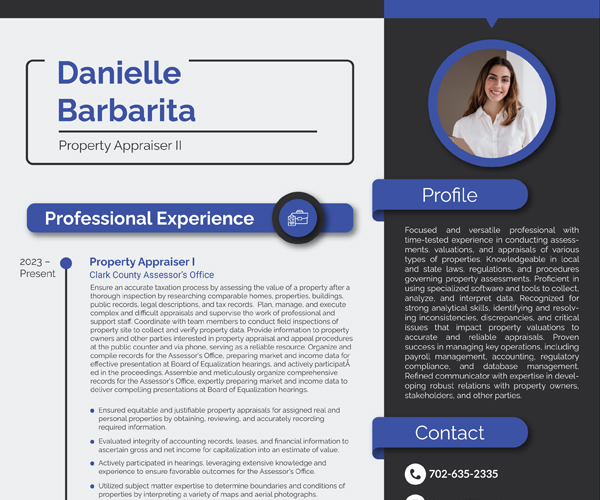
Recruiters often come across various red flags on resumes that may lead them to question a candidate’s suitability for a job. Here are some common resume red flags according to recruiters:
Employment Gaps: Unexplained or lengthy employment gaps can raise concerns. Recruiters may wonder what the candidate was doing during those periods and if they are still up-to-date with their skills.
Frequent Job Hopping: Too many short-term positions within a short period can suggest a lack of commitment or stability. Recruiters may worry about a candidate’s ability to stay in a role long-term.
Inconsistent Dates: Inaccurate or inconsistent employment dates can raise suspicions about a candidate’s honesty and attention to detail.
Lack of Relevant Experience: If a candidate’s resume lacks relevant experience or skills for the position they’re applying for, recruiters may question their suitability for the role.
Overqualification: Being overqualified for a position can raise concerns that the candidate may quickly become disengaged or seek higher-paying opportunities elsewhere.
Typos and Errors: Spelling and grammatical mistakes on a resume can indicate a lack of attention to detail, which is often a critical skill in many jobs.
Irrelevant Information: Including too much irrelevant information, such as personal hobbies or unrelated job experiences, can make a resume appear cluttered and unfocused.
Lack of Achievements: A resume that only lists job duties without highlighting achievements or contributions can be seen as uninspiring. Recruiters look for candidates who can demonstrate their impact in previous roles.
Unprofessional Email Addresses: Using unprofessional or inappropriate email addresses can give a negative impression. It’s advisable to use a professional email address for job applications.
Incomplete Information: Missing or incomplete contact details, such as a phone number or LinkedIn profile, can hinder recruiters’ efforts to reach out to candidates.
Lack of Customization: Sending the same generic resume to multiple job applications without tailoring it to the specific job or company can show a lack of genuine interest in the position.
Vague Objective Statements: An unclear or generic objective statement can make it difficult for recruiters to understand a candidate’s career goals and how they align with the job.
Unexplained Career Changes: Abrupt shifts in career paths without explanations can raise questions about a candidate’s motivations and qualifications for the position.
Excessive Jargon or Buzzwords: Overusing industry-specific jargon or buzzwords without clear context can make a resume hard to understand and may come across as insincere.
Lack of References: Not providing references or stating “References available upon request” without including actual references can make recruiters wonder if there’s something to hide.
Unverified Claims: Falsifying qualifications, certifications, or accomplishments can have severe consequences and is a significant red flag if discovered.
To avoid these red flags, it’s essential to create a well-structured and tailored resume that accurately represents your qualifications, experiences, and achievements while addressing any potential concerns.



